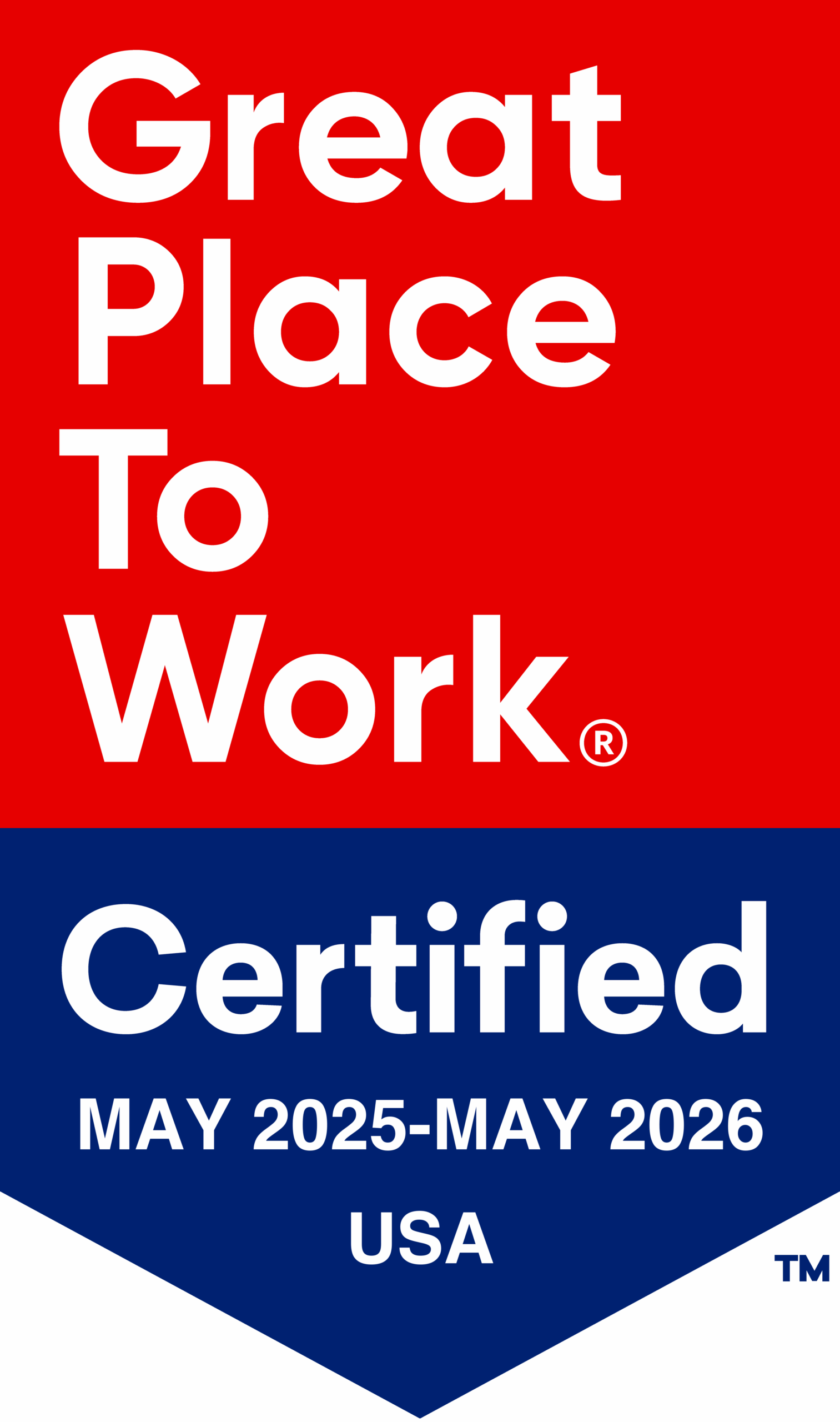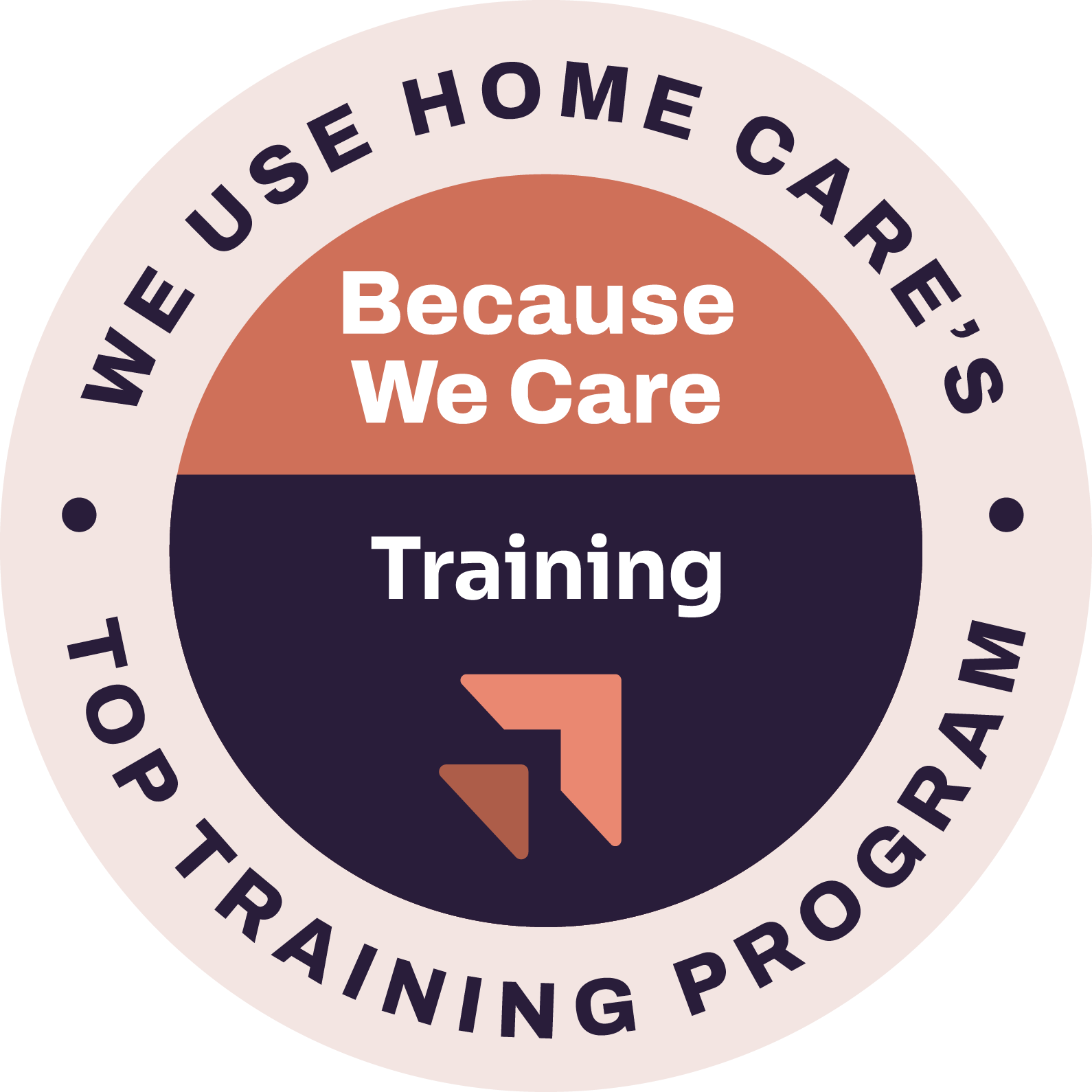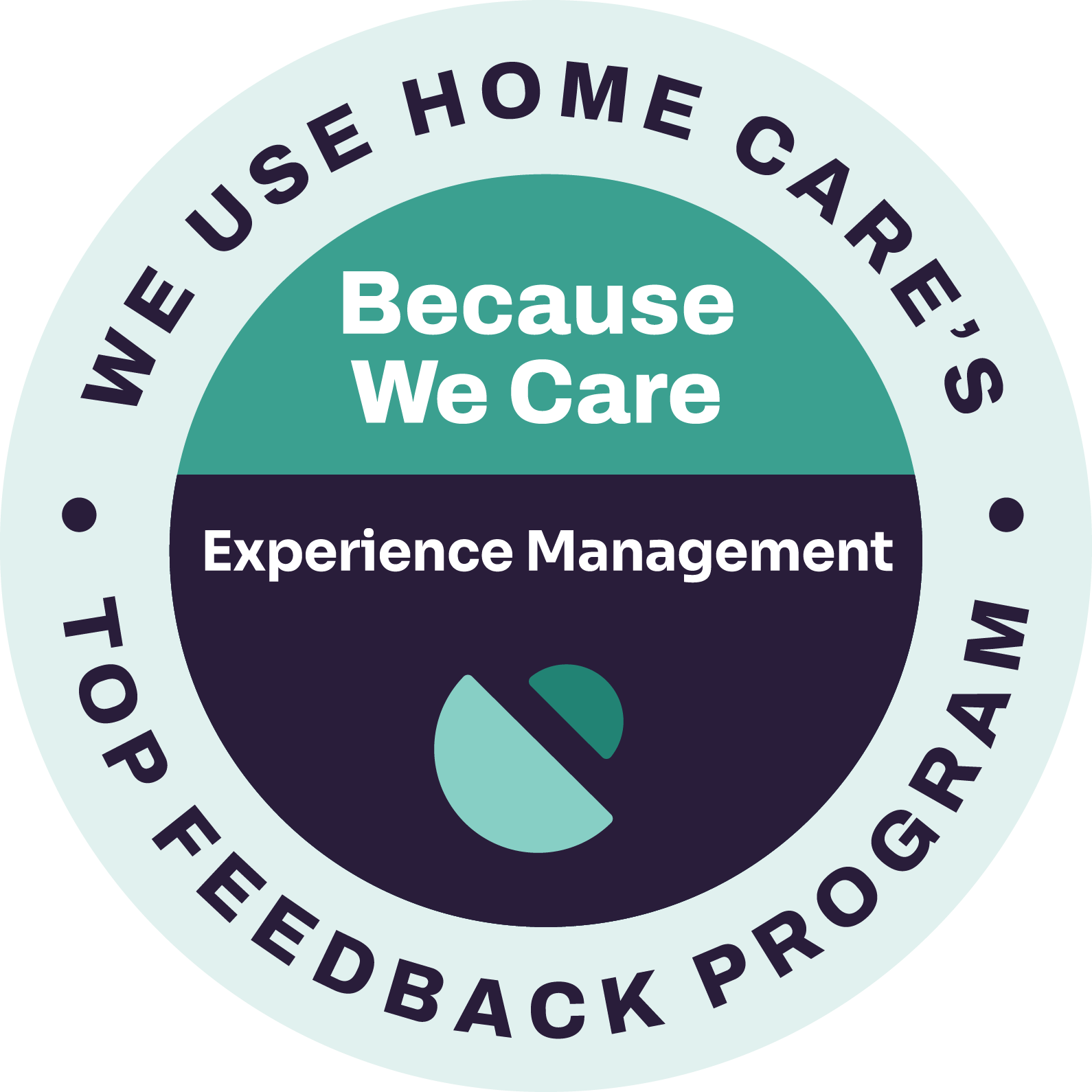Many individuals with disabilities and the elderly receive assistance navigating life issues with the help of a Care Manager. Care Managers conduct thorough assessments of their clients to determine needs and goals, assist in identifying available resources, and help with coordinating/managing in-home and community-based services. Public Care Managers may work for your local Office on Aging or The League of Human Dignity (in Nebraska.) There are also private Geriatric Care Management professionals.
Public Care Management
We spoke with Jean Holt, LCSW, a Care Manager who’s been with Aging Partners in Lincoln for 32 years. To what does she attribute the longevity? “Our jobs are extremely meaningful!” Holt said.
Aging Partners Care Managers assist clients of all income and resource levels. Some of Holt’s clients qualify for Medicaid assistance based on their limited income and assets. However, Holt does not work with Medicaid waiver clients, whose needs also meet Medicaid’s requirements for nursing home-level care, yet want to remain at home with outside help. Aging Partners does have Service Coordinators who specialize in coming alongside their Medicaid waiver clients.
Initial care assessments are quite extensive. Holt explained they’re learning about the client’s current health and health history, medications, nutritional risks, housing situation, and social support (family and friends). From that assessment, she develops a plan of care.
Importantly, Holt does not recommend specific product or service providers for her clients. Rather, she provides them with resource lists that identify such providers, from elder law attorneys and in-home care providers to transportation companies and accessibility product sources. One such resource Holt mentioned is Assistive Technology Partnership, which sometimes has equipment such as walkers and wheelchairs that can be loaned out to individuals. Holt said, “We do a lot of detective work on behalf of our clients.”
 Care Managers may know of opportunities for loaned resources!
Care Managers may know of opportunities for loaned resources!
What clients can expect from their Care Manager
When asked what clients should expect from her as a Care Manager, Holt answered, “Honesty.” It’s essential to foster trust, ensure informed decision-making, and uphold the dignity and respect of those under her care. Further, she explained, “I don’t tell clients what to do, I provide them options. Once an option is selected, I can provide additional guidance.” Second, Holt explained that everything is client-driven. She doesn’t do anything her clients don’t want.
While she serves both her clients and their families, Holt made it clear that clients can expect confidentiality. Clients will tell her things they won’t even tell their own family members, which can mean she gets caught in the middle. Holt described a situation when the client felt her adult daughter was fine handling all of the caregiving duties. Yet that adult daughter was exhausted, even sobbing due to those caregiving demands. Without violating confidentiality, Holt was able to foster needed communication. When family lives remotely, having a Care Manager is even more important. (Related: Tips for Long-Distance Caregiving)
What Care Managers need from clients
On the flip side, clients need to be honest with their Care Managers. Holt shared, “Some clients keep secrets. For example, they may have had a couple of falls recently. They’re afraid to say anything about them. But the cause could be something as simple as a urinary tract infection (UTI) that could be cleared up in a few days with medical attention.” According to Holt, it comes down to trust. “To get the most out of the client-Care Manager relationship, trust is essential.” Trust shows up particularly when it comes to mental health. Clients can be helped with changes in cognition, confusion, or depression only when their Care Manager observes such changes, or when the client shares them.
Care Management (Medicaid)
Too often, individuals enrolled in Medicaid are unaware of the full range of resources at their disposal for addressing their specific needs. Care Managers play a crucial role in bridging this gap by possessing comprehensive knowledge of available community resources, identifying local service providers, and guiding their clients toward optimizing the care they receive. They strive to equip their clients with the information needed to help make informed decisions and serve as advocates for their clients. Care Management fees, if any, are based on income.

In Nebraska, Medicaid Service Coordinators provide services through the local Offices on Aging (ENOA in Omaha, and Aging Partners in Lincoln.) Medicaid in Iowa is privatized and administered through Managed Care Organizations (MCOs): Iowa Total Care, Molina Healthcare of Iowa, and Wellpoint (formerly Amerigroup.)
Medicaid Service Coordinators also perform extensive initial assessments of their client’s care needs. From a list of in-home care services covered by Medicaid, a determination is made for the amount of time needed to accomplish those care services for that client. A “waiver” is then created and issued to a Medicaid-approved care provider such as Sunlight Senior Care. The waiver stipulates the care services to be provided and the amount of time authorized for those care services. Those services are paid by Medicaid, the client never receives an invoice.
Types of resources Medicaid Case Managers can assist with
- Medical services (e.g., doctor appointments, testing procedures)
- Mental health services
- Specialty care referrals and finding those providers
- Durable Medical Equipment and supplies (e.g., walkers, commode chairs, blood sugar meters)
- Non-emergency medical transportation (e.g., doctor appointments, physical therapy)
- Community resources, non-profits, local programs
We spoke with Chelsea Stapleton, a Case Manager for Iowa Total Care. We wanted to know her suggestions for getting the most out of working with a Medicaid Waiver Case Manager. Stapleton works exclusively with clients who have one of the following Medicaid waivers: Elderly; Health and Disability; Brain Injury; Intellectual Disability; Physical Disability; and AIDS/HIV. She clarified that she performs care assessments annually and that the client’s waiver and authorization of services may change yearly based on the client’s needs. Between assessments, she may request an increase in specific care services authorized due to sudden changes in her client’s health or situation.

Open communication is the key to optimizing the client and Case Manager relationship, according to Stapleton. “I can be my client’s advocate to make sure services are working well,” she said. To do so, she depends on her clients providing timely feedback. “It’s also easier for a client to be open and honest with me about services received. They may be reluctant to bring up issues directly with their Caregiver.”
Stapleton mentioned she’s been involved in obtaining durable medical equipment such as walkers and wheelchairs prescribed by a doctor. Further, she’s helped arrange medically necessary home modifications such as ramps. Again, armed with doctor’s orders, Stapleton reported she helps in getting three bids from contractors and putting the funding request through. She said, “I’ve had pretty good luck getting these approved by Medicaid.”
Private Geriatric Care Managers
Clients or their family members pay Private Care Managers directly. The Care Managers may be able to offer a broader range of services, tapping into a wider network of private resources and services for their clients who can afford it. They may be more involved in their client’s family dynamics, problem-solving, and crisis intervention.
Note: As of March 2024, we are not aware of any private Geriatric Care Managers in the Des Moines, Lincoln, or Omaha metro areas. Nor does the Aging Life Care Association (the professional organization for private geriatric care managers) identify any private Geriatric Care Managers in Des Moines, Lincoln, or Omaha.
Care Managers are there to help their elderly and their disabled clients navigate the myriad of situations and needs those clients encounter. Their extensive knowledge of available resources, government- and community-based programs, and how to cut through the red tape to achieve the needed results, make them a vital part of their clients’ care teams. We are fortunate here in the midlands to have outstanding, dedicated people like Jean Holt and Chelsea Stapleton advocating for their clients and those clients’ families!






